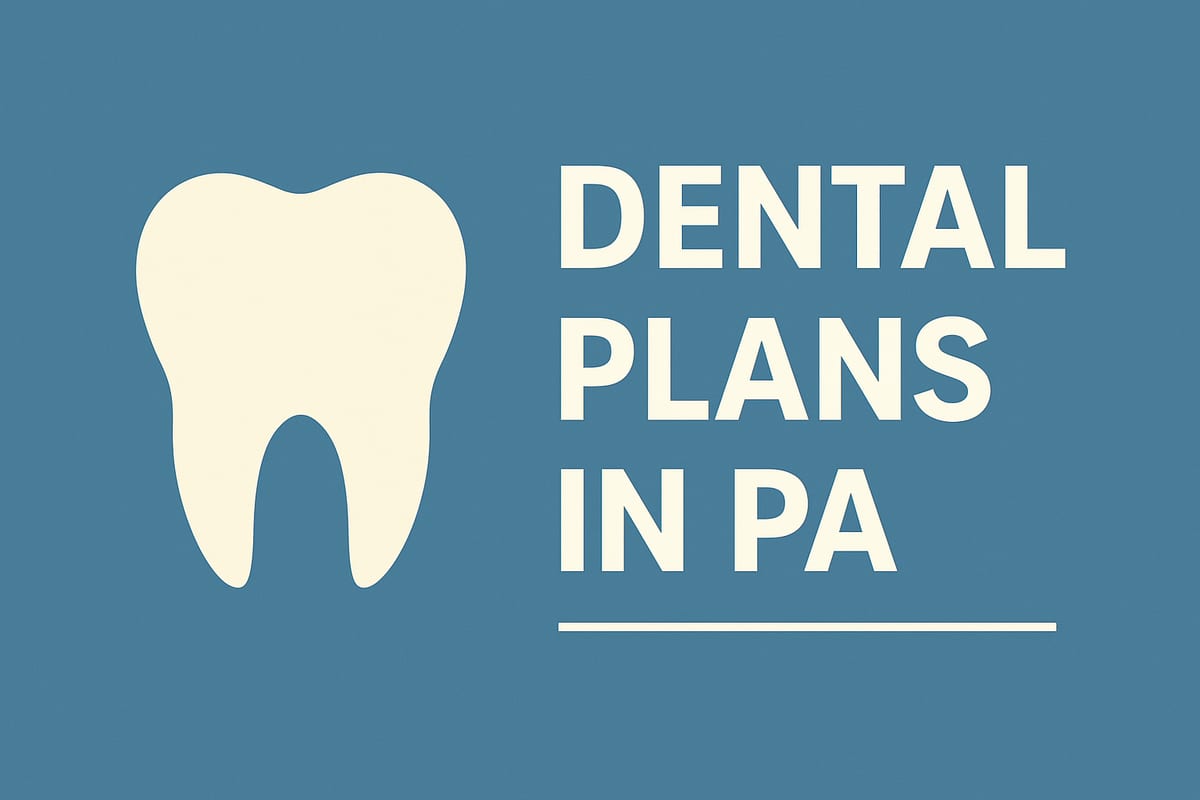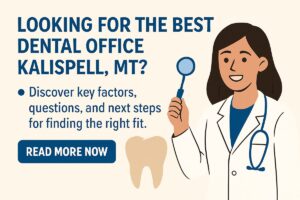This post breaks down the best dental plans in pa for people looking to save on routine care and bigger treatments. If you want a quick comparison of five affordable options and simple tips to pick the right one, this guide is for singles, families, seniors, and anyone watching their dental budget. We’ll compare costs, coverage, and who each plan fits best so you can take practical next steps.
Top 5 affordable dental plans in pa — quick snapshot
1) Pennsylvania Medicaid / CHIP
Pennsylvania Medicaid and CHIP provide low- or no-cost dental care for eligible children, pregnant people, and low-income adults. Coverage typically includes preventive visits, fillings, extractions, and sometimes more extensive care depending on the program. Cost: low or no monthly premium for qualifying members. Best for: low-income families and children who need regular preventive care.
2) Major carrier low-cost plans (Delta, Cigna, UnitedHealthcare)
Major carriers offer entry-level dental plans with predictable networks and customer support. These plans usually have modest monthly premiums, annual deductibles, and yearly maximums (often $1,000–$1,500). Preventive care is commonly covered at 100%, with restorative work at reduced percentages after a waiting period. Cost: low-to-moderate premiums with typical co-pays and deductibles. Best for: people who want reliable network access and plan portability.
3) Dental discount plans (Careington-type)
Discount plans are not insurance. For an annual fee (often $80–$200), members get reduced rates on dental services from participating providers. There are no waiting periods and no annual maximums, but savings vary by procedure and dentist. Cost: low yearly fee, pay-as-you-go at discounted rates. Best for: those who need immediate savings and want options for one-off major procedures without waiting periods.
4) Community health centers & dental schools in PA
Community health centers and dental schools offer supervised care at reduced fees. Dental students perform treatment under licensed faculty supervision, which keeps costs low for cleanings, fillings, and some complex care. Quality is generally good, though appointments may take longer. Cost: affordable sliding-scale fees or small co-pays. Best for: budget-conscious patients who can plan ahead for appointments.
5) Employer, association, or short-term group plans
Many employers, alumni associations, or trade groups offer group dental plans with lower premiums than individual policies. Short-term group plans can fill gaps between jobs. Benefits and networks vary; group plans often include standard preventive and basic restorative coverage. Cost: moderate, often shared with an employer or group. Best for: employees, association members, or people needing temporary coverage.
How to choose the right dental plan in PA
When comparing dental plans in pa, focus on these key factors:
- Monthly premium vs out-of-pocket costs (deductibles, co-pays, annual maximums)
- Network size and whether your preferred dentist accepts the plan
- Waiting periods for major procedures like crowns or implants
- Coverage for fillings, root canals, and emergency care
Quick checklist to match a plan to your needs:
- Single adult with few issues: low premium, strong preventive coverage
- Family with kids: plans with full preventive coverage and pediatric benefits
- Seniors or high dental needs: plans with higher annual maximums or discounted fees for major work
How to save money on dental care with dental plans in pa
Practical ways to lower your dental bill:
- Use in-network providers to get negotiated rates.
- Keep up with preventive cleanings to prevent costly problems later.
- Ask dentists for bundled pricing on multi-step treatments.
- Use HSA or FSA funds for eligible dental care costs.
- Check dental school clinics for lower-cost treatment.
Red flags to avoid: long waiting periods for major work, extremely low annual maximums, or plans that exclude common procedures you know you’ll need.
Need help choosing? How our practice can help
We can review your options and help compare dental plans in pa to your expected care. Our team will check in-network status, explain benefits language, and provide an estimate for recommended treatment so you can make a cost-smart choice. For a quick benefits-check, book a brief appointment or phone consultation and we’ll walk through which plan fits your needs.




